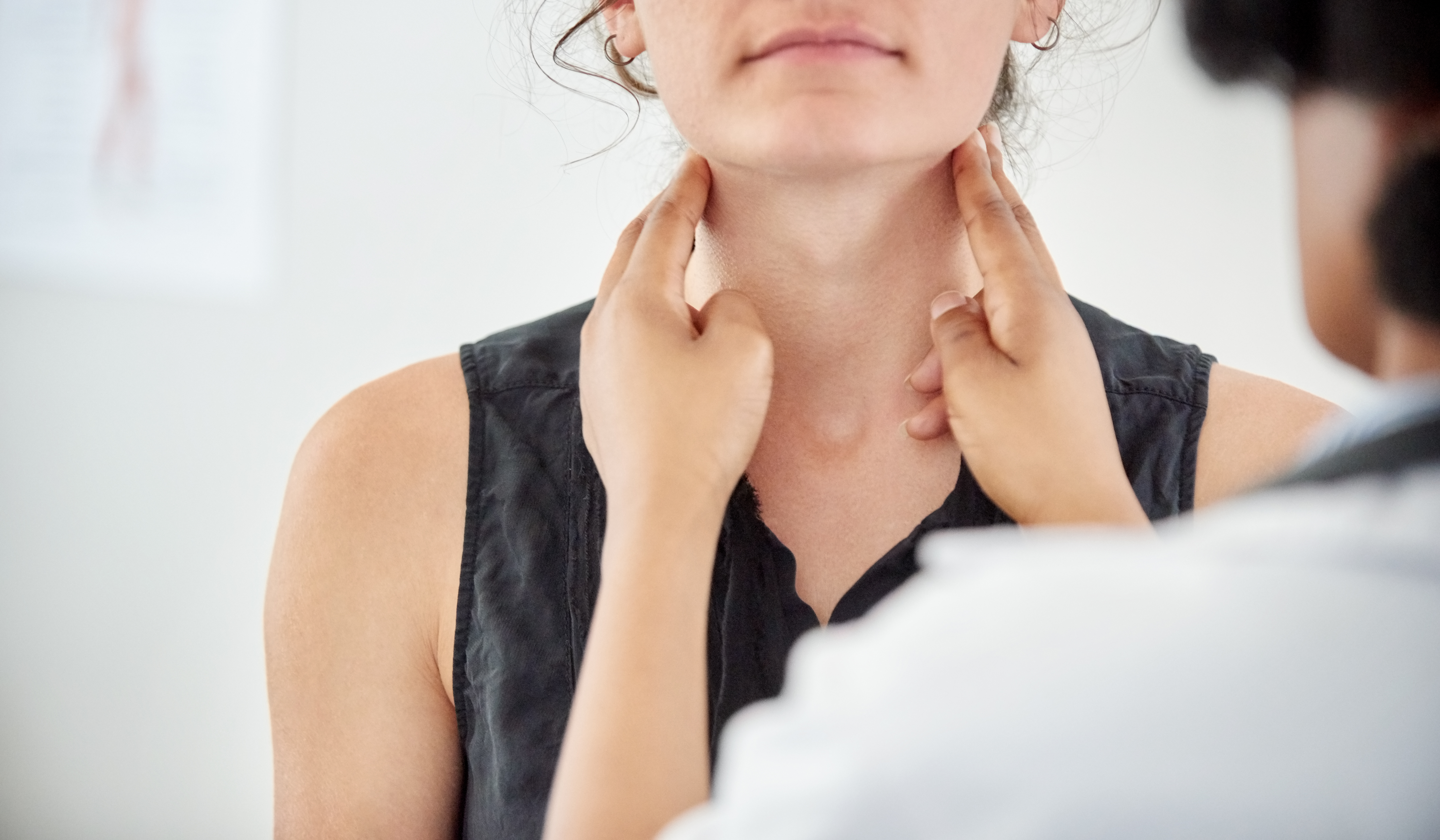
Mononucleosis, often referred to as “mono” or the “kissing disease” is a common viral infection that affects teenagers and young adults, including college students.
The infection is often caused by the Epstein-Barr virus, or EBV, which infects about 95% of people. Not all cases of EBV will turn into mono, but some will, especially for those not exposed to the virus as a child.
The University Health Center sees dozens of cases of mono every semester. So, what do you need to know about this infection to stay safe and recover quickly? Health center provider Malik Ahmic, APRN, answers these and other common questions.
Is mono contagious?
Yes, the viruses that cause mono are very contagious. They spread by saliva, which is why the infection is often called the kissing disease. However, kissing isn’t the only way you’ll get mono. Things like sharing utensils or drinks and sexual intercourse can spread mono.
You can spread the virus up to 18 months from having initial symptoms. For this reason and because most people will be exposed to the viruses that cause mono at some point in their life, there’s nothing you can do to prevent getting it. If anything, it’s best to get it out of the way early in life, Ahmic says.
However, that doesn’t mean you should abandon all prevention measures. Continue to wash your hands often using soap and warm water, cover your mouth when you cough or sneeze and don’t share drinks. This will help prevent other more serious infections from spreading, like influenza, COVID-19 and more.
What does mono feel like?
Some of the common symptoms of mono include:
- Fatigue
- Sore throat
- A fever of 100.4 or higher
- Day or night sweats
- Nausea
- Headaches
- Chills and body aches
- Cough
- Trouble swallowing food
- Decreased appetite
Often times, Ahmic sees students come in with a sore throat and swollen lymph nodes thinking they have strep throat when they, in fact, have mono. Because symptoms can often be similar to other contagious illnesses, it’s best to see a medical professional to get the correct diagnosis.
How is mono diagnosed?
A doctor may be able to diagnose solely based on symptoms and through a thorough exam. Sometimes they will order a blood test. If the test shows an elevated monocyte count and the person presents with common mono symptoms, they will be diagnosed with mono.
I have mono. Now what?
Because mono is a viral infection and not a bacterial infection, antibiotics are not usually prescribed. You may be prescribed a steroid for five to seven days to help your body kickstart its recovery if significant swelling and inflammation are present. There are no antiviral medications for mono.
Ahmic says the best way to recover from mono is by getting plenty of rest and increasing your fluid intake. When possible, drink water over juice, coffee and soda to help you stay hydrated. Try to increase your sleep overnight and take naps when you can to give your body a chance to heal. “Don’t fight the fatigue,” he says.
If you have other symptoms like a fever or sore throat, take acetaminophen or ibuprofen consistently and continuously until you feel better. If symptoms are really bothering you, alternate between acetaminophen and ibuprofen every three hours. For example, take acetaminophen and 9 a.m., ibuprofen at noon, acetaminophen at 3 p.m., etc.
Be patient and gentle with yourself during your recovery. Most people will feel better after one to two weeks, but sometimes it can affect you for up to four weeks. Because mono can enlarge the spleen, avoiding contact sports for four weeks is recommended. Additionally, mono affects your liver. Because of this, it is strongly encouraged to avoid alcohol intake for four weeks.
Need to see a doctor for your symptoms? Call 402.472.5000 to schedule an appointment.